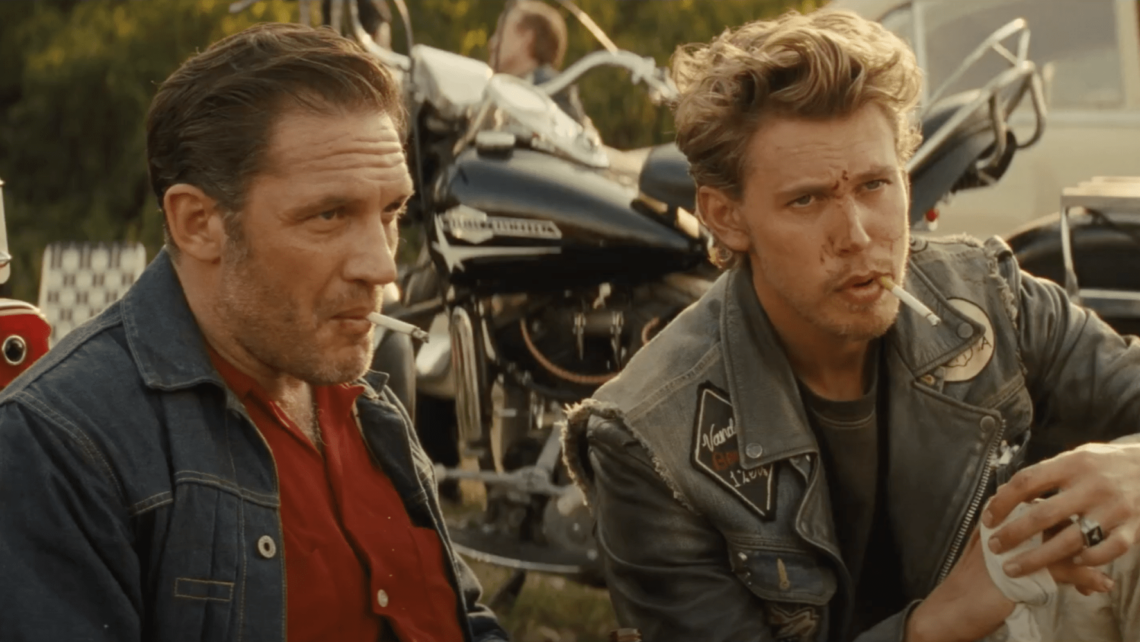Exploring the raw energy of ‘The Bikeriders’: A deep dive into Jeff Nichols’ latest film
The world of motorcycle gangs has always been a subject of fascination and intrigue. Jeff Nichols’ latest film, “The Bikeriders,” delves into this gritty subculture, offering a raw and unfiltered look at the lives of a Chicago motorcycle gang in the late ’60s to early ’70s. Based on Danny Lyon’s 1968 black-and-white photography book, the film captures the essence of the Outlaws, reimagined as the Vandals, and their unvarnished exploits. Despite receiving mixed reviews, “The Bikeriders” stands out for its authenticity and depth, making it a must-watch for those interested in the primal energy of biker culture.
A time capsule of biker culture
“The Bikeriders” transports viewers to a specific time and place, immersing them in the culture of biker clubs during a transformative era. Hollywood has long romanticized biker gangs, from Marlon Brando’s iconic role in “The Wild One” to the counterculture classics like “The Wild Angels” and “Hells Angels on Wheels.” These films often frame biker culture as an antiestablishment mythology, a theme further explored in the spectacular “Mad Max” series. However, Nichols’ film takes a different approach, presenting a drama that feels entirely real, with interview portions framed as a documentary-in-the-making.
The cast: Bringing the Vandals to life
The film’s authenticity is further enhanced by its stellar cast. Austin Butler stars as Benny, a young and rakishly handsome member of the Vandals. His portrayal of Benny’s hell-bent pride and refusal to conform sets the tone for the film. Tom Hardy, with his mumble-mouthed neo-Brando charisma, plays the gang’s founder and leader. Hardy’s character, despite having a steady job and a middle-class family, embodies the restless spirit and inchoate craving for violence and freedom that defines the Vandals.
For a closer look at the film, check out the trailer and information sheet here: The Bikeriders.
Primal male energy: A conflicted response
At its core, “The Bikeriders” is a movie about primal male energy. This theme is bound to provoke a conflicted response in today’s society. The film explores the fatally glamorous leather-clad style of biker gangs, their codes of freedom and loyalty, and something deeper—their need to feel alive beyond societal rules. The characters’ aggression and need for a code of living that doesn’t leave them feeling dead inside are central to the film’s narrative.
In the opening scene, Benny’s refusal to remove his “colors” (the denim jacket with its antisocial insignia) leads to a violent confrontation. This act of hell-bent pride is central to the movie, highlighting the characters’ restless spirit and need for a sense of belonging. Outside the gang, their aggression has no outlet, leaving them struggling to find a place to express their masculine identity.
The thin line between bravado and toxicity
“The Bikeriders” masterfully navigates the thin line between reckless bravado and toxic masculinity. The film doesn’t shy away from showing men behaving badly, but it also captures moments of glamorous recklessness. This ambivalence is what makes the movie so seductive. It asks viewers to reflect on the primal male mystique and question how much of this behavior is what society wants men to embody.
The unresolved quality of the film captures a spirit of masculine identity that feels increasingly out of place in today’s world. The characters’ need for a code of living and their struggle to find a place to express their aggression resonate with larger cultural themes, making “The Bikeriders” a poignant and thought-provoking film.
Reflecting on ‘The Bikeriders’
As I left the theater, I couldn’t help but reflect on the film’s portrayal of primal male energy and its relevance in today’s society. “The Bikeriders” offers a raw and unfiltered look at a subculture that many of us think we know but have never truly understood. Its authenticity, stellar cast, and thought-provoking themes make it a film worth watching and reflecting upon.
“The Bikeriders” leaves us with a sense of ambivalence, challenging us to question our perceptions of masculinity and the thin line between bravado and toxicity. It’s a film that stays with you, prompting deeper reflection long after the credits roll.

 Italian
Italian







